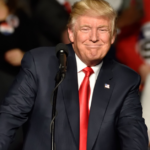Donald Trump Sues Twitter for the Reactivation of His Account
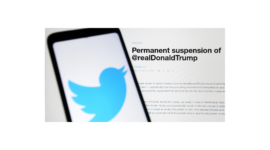
Former US President Donald Trump has filed a lawsuit in Florida, seeking to have Twitter reactivate his social media account on the basis that the current permanent suspension violates the First Amendment of the Nation’s constitution as well as Florida’s new social media laws.
Twitter permanently suspended Donald Trump January 2021, after months of alleged misinformation being posted on this account , which many believe culminated in the Capitol Hill riots.
The social media giant initially implemented a 12-hour suspension on his account, @realDonaldTrump, for “repeated and severe violations of its Civic Integrity policy” after he posted tweets repeatedly claiming electoral fraud.
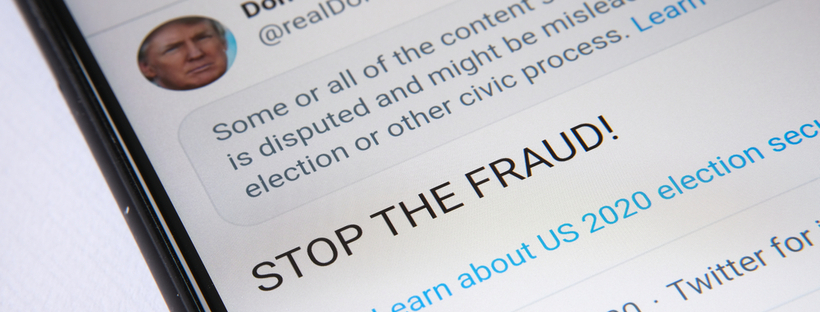
Twitter, along with Facebook, had been under pressure for several months to suspend Trump’s account, but both refused to do so, instead adding warnings to his posts to the effect they may contain misinformation.
The social media giants were criticised for suspending or banning thousands of other users for alleged misinformation, while allowing the president to publish what was considered to be equally or even more dangerous misinformation.
The companies justified the inconsistency by saying that allowing a United States president remain active was in the public interest, and important for both free speech and democracy.
But the Capitol Hill riots changed everything. The incident triggered Twitter to suspend Mr Trump and later make the suspension permanent. Facebook followed suit, suspending Mr Trump from both Facebook and Instagram for two years.
Other social platforms, including Snapchat and YouTube, followed suit by implementing their own prohibitions.
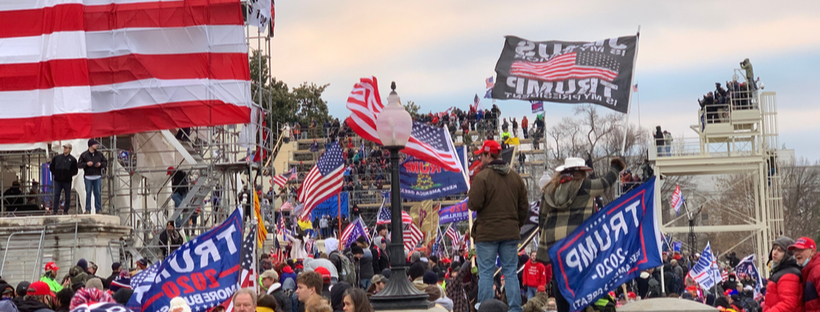
Freedom of speech and the role of social media
As the ban made headlines around the world, it raised important issues about freedom of speech and the power of social media companies to determine what is true and what is not, as well as take responsibility for content on their platforms.
Mr Trump’s ban certainly shattered the idea that social media networks are simply neutral platforms open for all to express their views. It also demonstrated just how much global power they wield to persuade public opinion when it comes to politics and important social issues.
The communications from Trump that many believe contributed to the riots, and his subsequent ban from social media also highlighted the complexity of the issue, which involves a number of competing considerations, including balancing free speech with the propagation of misinformation, as well as the power and effectiveness of algorithms.

Providing ‘balanced information’ for users
Algorithms sort content in a users’ feed based on ‘relevancy’.
This essentially creates a ‘bubble’ of content which can be narrowly focused and highly targeted.
So, if for example, you have an interest in cats and climate change, through your reactions to posts, those individuals, companies and organisations you choose to follow and engage with, your news feed, over time, becomes personalised to such a degree that the majority of posts you see will be related to cats and climate change.
As such, algorithms have the potential to destroy the type of balanced information that’s required for people to be able to consider multiple and varied viewpoints and maintain a healthy perspective.
And then there are also serious issues around credibility — where did the information come from? Is it accurate, fact-based, or opinion? It’s increasingly difficult to tell.
At the time of his multiple bans, Mr Trump famously declared that he didn’t care, and would build his own social media network.
But now, some months later, he is seeking a preliminary injunction of Twitter’s ban, arguing that Twitter, “coerced by members of the United States Congress,” is censoring him, describing the social media platform as “a major avenue of public discourse.”
At the time his account was shut down, Mr Trump had 88 million followers. He argues that his account “became an important source of news and information about government affairs and was a digital town hall.” He is now arguing that such a ban violates America’s First Amendment which protects freedom of speech, the press and assembly.
The lawsuit also cites Florida’s new social media law, which was enacted in May, partly in response to the incident involving Trump and the Capitol Hill riots.
Florida’s law would have meant it was first state in the US to regulate how social media companies moderated online speech. The new law would have made it easier for Florida’s attorney general and others in the state to sue the tech companies over claims that platforms have imposed content moderation on users unfairly or inconsistently.
However, it was widely criticised and in July, a Federal Court judge issued a preliminary block to stop the law from being enacted. The case is currently in the Federal Appeals Court, although experts suggest that it’s unlikely to survive.
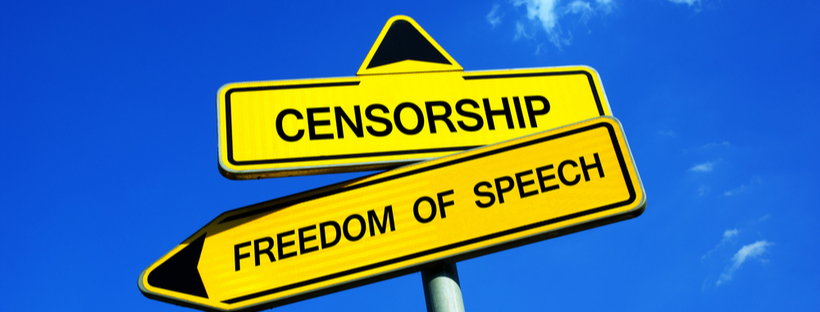
Where does responsibility for content lie?
The case demonstrates how difficult it can be for lawmakers to find appropriate ways to regulate and modify content, without encroaching on personal freedoms.
In Australia, many government departments, organisations and companies have decided their own workplace policies which determine what employees can and cannot post online, but that’s a fraught issue also, raising important issues about how much influence an employer can or should have over an employee’s social media activity.
Also in Australia, a decision by the Supreme Court of New South Wales last year, upheld by the NSW Court of Appeal, determined that administrators of Facebook pages may be considered the ‘publishers’ of posts by others, and may therefore be liable for defamatory comments.
Many don’t want to see control handed blatantly to social media companies without some rigorous and enforceable guidelines, but recognise that social media companies do need to acknowledge the litany of issues emerging as people turn to these platforms, no longer just as a source of entertainment, but news too, particularly because of their accessibility and immediacy.
Fact versus Fiction
Social media platforms are under increasing pressure to demonstrate that their content is trustworthy, particularly as populations turn away from mainstream media, and the uptake of the online pay-for-news model is slow, and for some, too expensive.
Certainly over the past 18 months, the social media companies have been very involved in making information about Covid-19 visible and available. But we’ve also seen a surge in vile and vitriolic comments posted by people whose opinions clash, whether it be about masks or vaccines, or lockdowns.
Social media has undoubtedly played a significant role in the general social debate, and in highlighting many issues that mainstream media hasn’t covered, and without question, it has been an important tool for staying connected with loved ones during long periods of isolation, but many would argue that social media has, by and large, been more divisive, than it has been positive, in helping people to cope at this difficult time.



